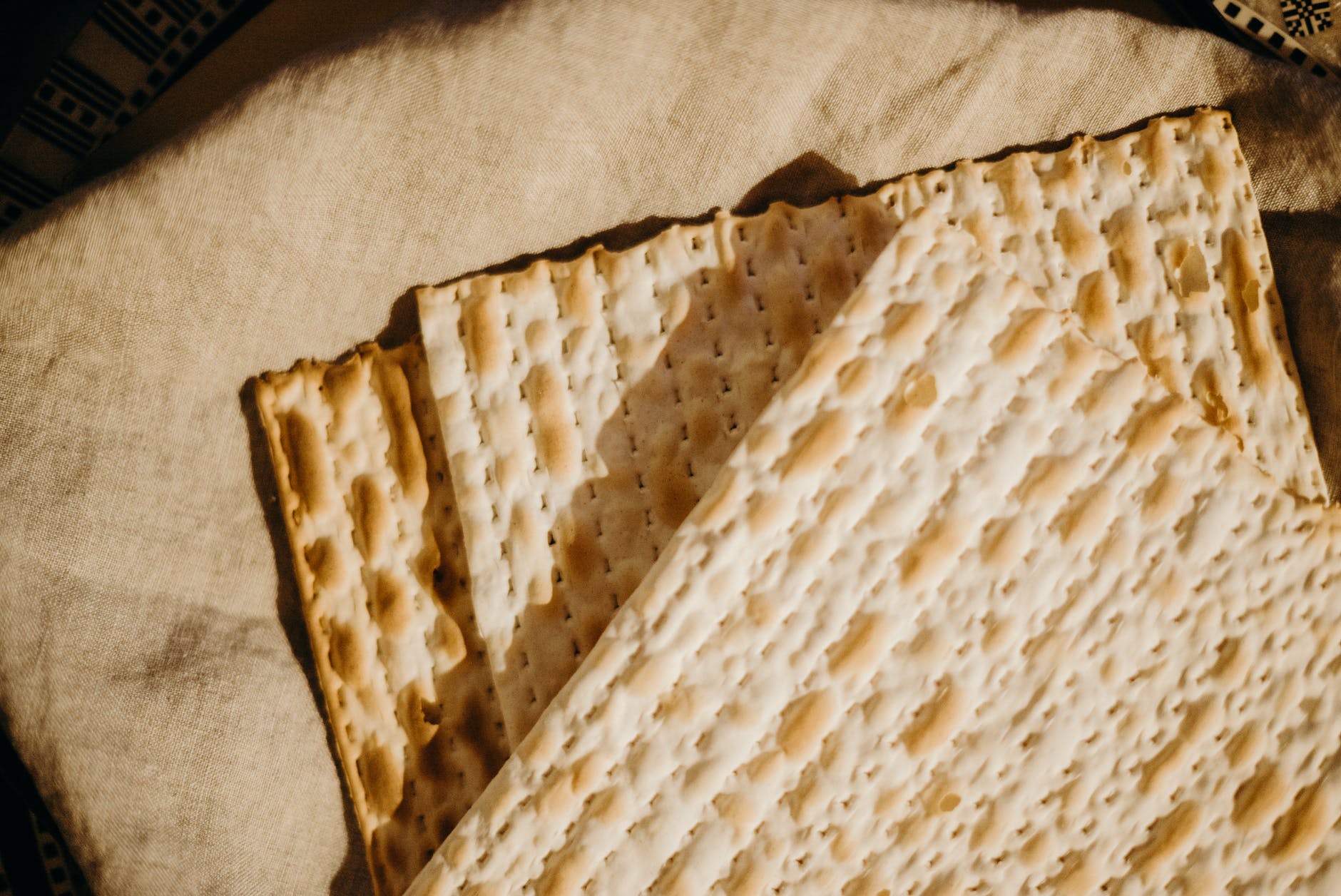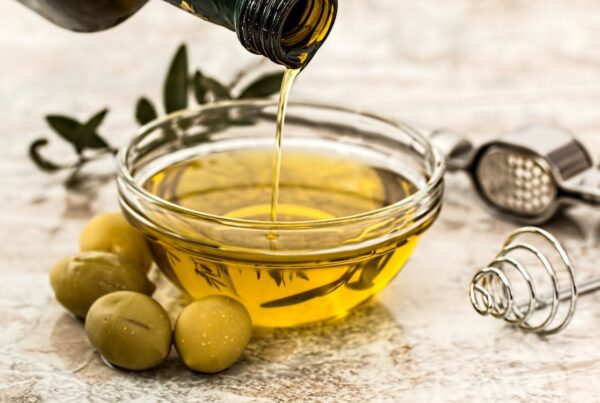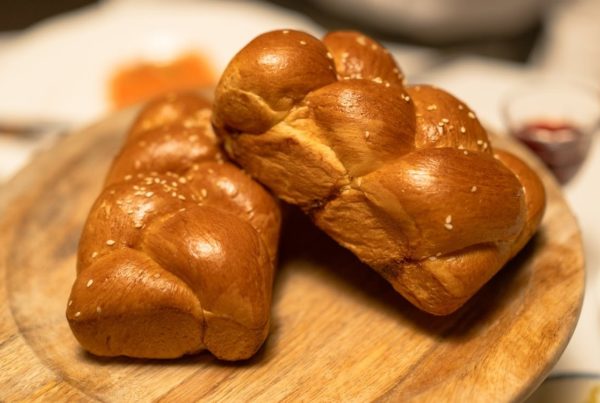Every year Jews around the world celebrate the holiday of Pesach, recalling the miracles in ancient Egypt and the exodus from slavery to freedom.
Why is this holiday food different?
After a series of convincing God-given plagues towards evil Pharaoh and the Egyptians, the Jewish people were finally granted to leave their enslaved existence. Not entirely convinced of his intention, they packed a few possessions and half-baked bread and quickly headed off to the desert. This rush of circumstance provided the main ritualistic food of Passover – Matzah (unleavened bread) and the main kosher for Passover law of not consuming any grains or yeasted bread in commemoration of all the miracles and the hardships. Today’s main focus of the week-long holiday is the Passover Seder consisting of prayer, song, symbolic foods and retelling of the story from generation to generation.
What is kosher for Passover certification, and do you need it?
There is no short answer to this question. A general rule of thumb is that if you have potential consumers and clients asking if your products are kosher for Passover, it’s a good idea to delve a little deeper into discovering if it’s possible. The holiday of Passover is complex, and the strict rules around what foods one can and cannot eat are at the base of practicing the holiday.
Let’s try and simplify the main idea. Here are a few key things that would make a product (including those with acceptable kosher certification all year round) NOT kosher for Passover or available to receive kosher for Passover certification.
Anything containing grain (wheat, oats, barley, spelt & rye) will be a deal-breaker and automatically deem the product not kosher for Passover. These items, when mixed with moisture, are referred to as chametz.
Any grain-based alcohol and the use of this alcohol in the products.
There are some different laws regarding food items referred to as kitniyot. These are raw foods (rice, legumes, seeds, buckwheat, corn) considered kosher for Passover by law, but many do not consume them based on religious custom and community history. Within North America, orthodox kosher certification agencies will not have the kosher for Passover label on any products containing kitniyot. These products will have a different label (if any) that says, “for those who eat kitniyot”. Kitniyot is a sensitive and interesting topic to discuss further.
What are some products that are naturally kosher for Passover?
- Fresh fruits and vegetables.
- Kosher animal-related products. Raw fish, kosher meats and chicken, eggs, dairy milk (dairy products and non-dairy milk usually need kosher for Passover certification).
- Kosher certified salt, pepper, extra-virgin olive oil, coffee beans, pure honey, and some spices.
- Once the ingredients and facility are deemed feasible, the central part of the kosher certification for Passover process is constant authorized supervision within the facility during production. Unlike the rest of the year, having a Mashgiach present for the entirety of the production is generally required. But don’t worry, that’s where we do all the work!
We pride ourselves on making the process accessible and straightforward. If you would like more information on kosher for Passover certification or have any questions regarding kosher certification, please reach out! We are always available to walk you through the steps and answer any questions or concerns you may have.





